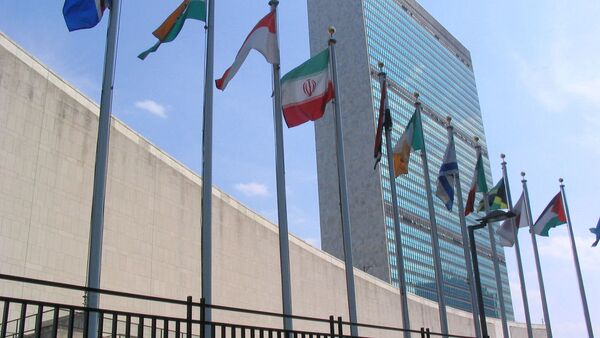"Weaker Russian import demand has already affected a number of EU economies, as the Russian market absorbs almost 5 per cent of the euro area's exports," DESA's World Economic Situation and Prospects 2015 report, published Wednesday, read.
According to DESA, the "slowdown in the German economy in the second quarter is partially explained by lower exports of automotive components to the Russian Federation. Moreover, the restriction on supplying deep-water drilling equipment to sanctioned Russian companies affected Germany's producers."
Countries such as the Baltic States and Finland will lose transit revenue due to the sanctions regime, the report read, while globally, "the tourism industry will suffer from the depreciation of the Russian currency."
Total EU food exports to the Russian market amount to approximately $11 billion annually, the report read, and "the forgone food exports would impact the entire logistics sector."
The need to compensate farmers" losses will put pressure on national budgets, DESA stated, and while the EU member states could file a compensation claim with the union, "full coverage of losses is not likely."
The European Union, alongside the United States, has introduced several rounds of sanctions against Russia over its alleged involvement in the Ukrainian crisis, a claim Moscow has repeatedly denied. In August, Russia responded with a one-year ban on the import of certain food products from the countries that had imposed sanctions against it.



